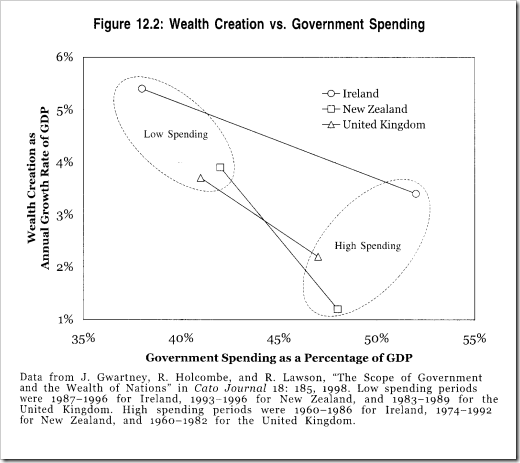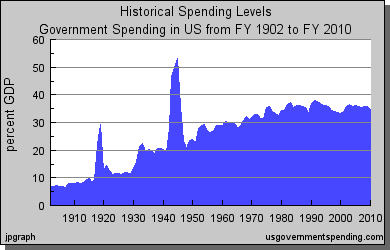Anti-immigration libertarians are treading in dangerous waters
(Austrian) Economics, Immigration, Police Statism, Totalitarianism
In a perfect world (Ancapistan/Libertopia), say libertarians who want to restrict immigration, we could have open borders. For one thing, they say, all property would be privatized, so it would be up to individuals to decide who will be allowed to traverse their land, roads, and waterways. Furthermore, they explain, there would be no massive welfare state encouraging the neighboring country’s proletariat to immigrate for all the freebies. There would be no arbitrary government rules about “natural born citizenry” which encourage pregnant mothers to try to birth their babies on American (that’s the country we’re talking about here, after all) soil thus securing the right to live in America for their child, and by extension (since it’s inhumane to break up the mother-child family unit) their right to live there as well.
Now, I’ve seen libertarians argue that the Mexicans (let’s face it, that’s really whom we’re talking about) who cross the border illegally are mostly looking for the freebies, and I’ve seen libertarians argue that the Mexicans who cross the border illegally are mostly looking for work which Americans don’t want to do themselves (like picking lettuce all day in fields of pesticide). Who’s right? I haven’t a clue. I’m sure the American welfare state is very enticing to the neighboring poor. I’m sure without it, there’d be less immigration from Mexico. But none of this matters to me. I’m not even going to make the pro-liberty argument which by definition is against government controlled borders.
What I want to do is concede all of the above arguments to the anti-immigration libertarians. Let’s assume that an enormous welfare state requires heavily regulated or possibly even closed borders. I don’t believe this to be the case, but let’s stipulate that it is. Now what? What are these libertarians implicitly assuming?
That the government can efficiently and effectively manage the borders. If there is one thing every libertarian should know about government it’s that government cannot efficiently or effectively perform any “service” without resorting to totalitarian police-statism. When the government minimizes costs (don’t laugh), it performs at woefully substandard levels. Think of the levees around New Orleans which failed during Hurricane Katrina, for instance. For adequate quality of service, for instance the Hoover Dam or those stretches of elevated interstate cutting through the marshes and swamps of Louisiana (very fine work), the government has to overpay enormously. The systemic defects inherent in government bureaucracy cannot be overcome, as they are due (mostly) to the absence of a profit motive. The government simply cannot provide quality services at market prices; often, the government cannot provide quality service at any price. What the government can do, however, is provide brutality very cheaply, for a while.
So, while the government won’t be able to build proper border walls at a reasonable price, what it can do is man whatever type of walls it does build (cheap, low quality walls, or massively overpriced, high quality walls) with soldiers who have orders to shoot-on-sight and ask questions later, if at all. Tossing several thousand mines outside those walls wouldn’t cost much either — we could describe it as brutally efficient. Why not require every citizen to carry government identification cards and make the penalty for failure to comply (accidental or intentional) very severe? We have examples of countries which have managed to secure their borders effectively (for the most part). I’ll name three: The former Soviet Union, North Korea, Cuba. Governments which haven’t degenerated into police states just cannot accomplish it.
So I pose this question to those libertarians who claim that as long as we have a colossal welfare state, we must have strict immigration controls: what’s your libertarian plan for accomplishing this?
Anti-immigration libertarians are treading in dangerous waters Read Post »







